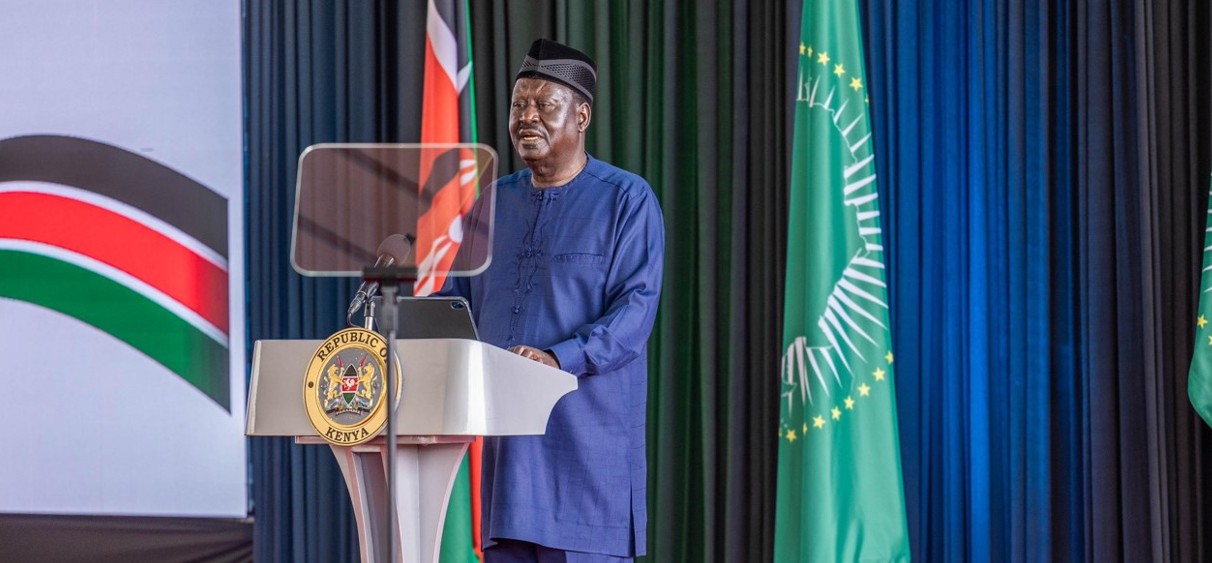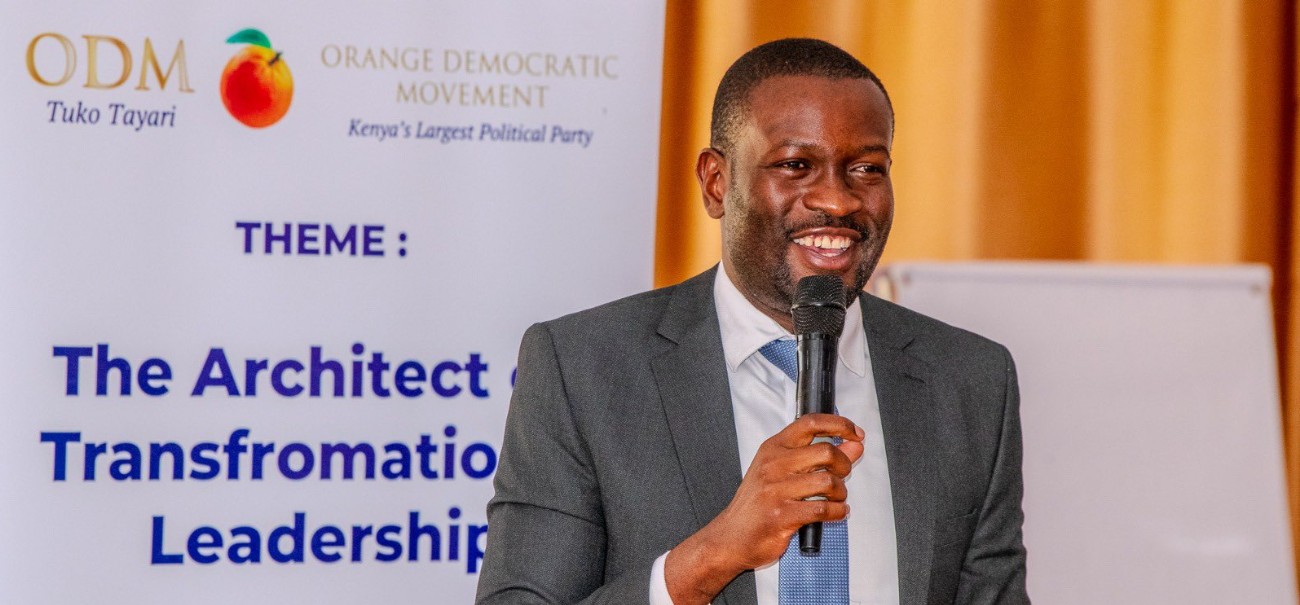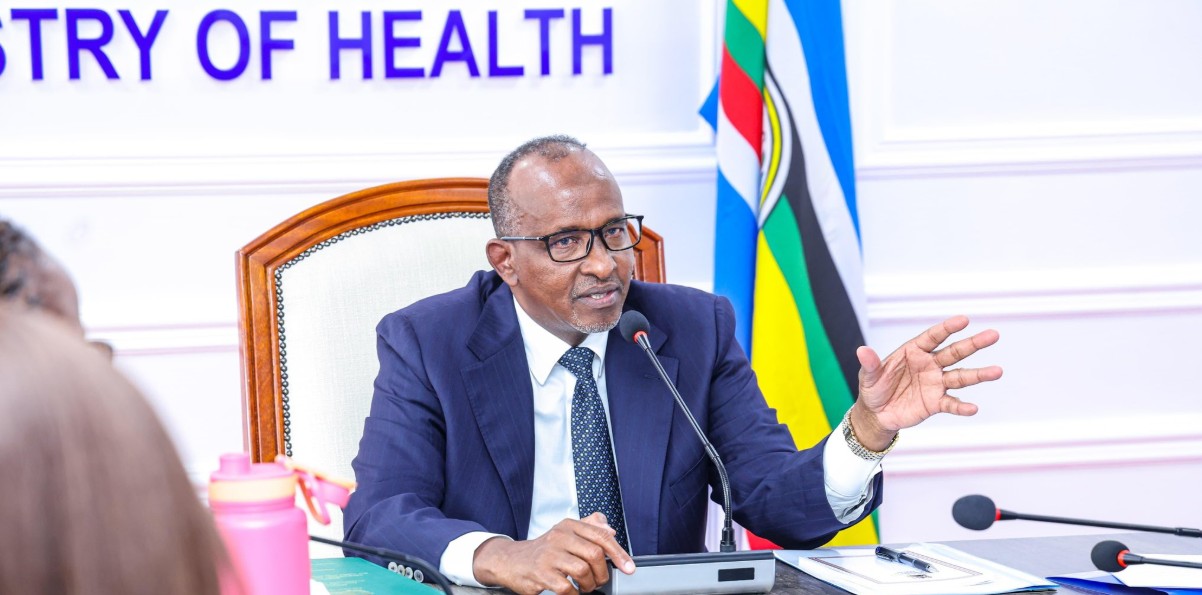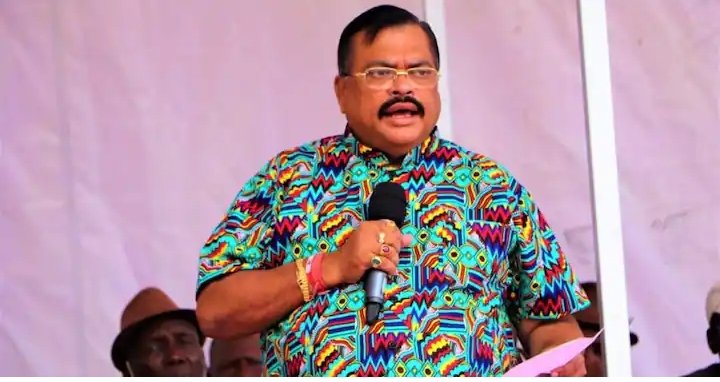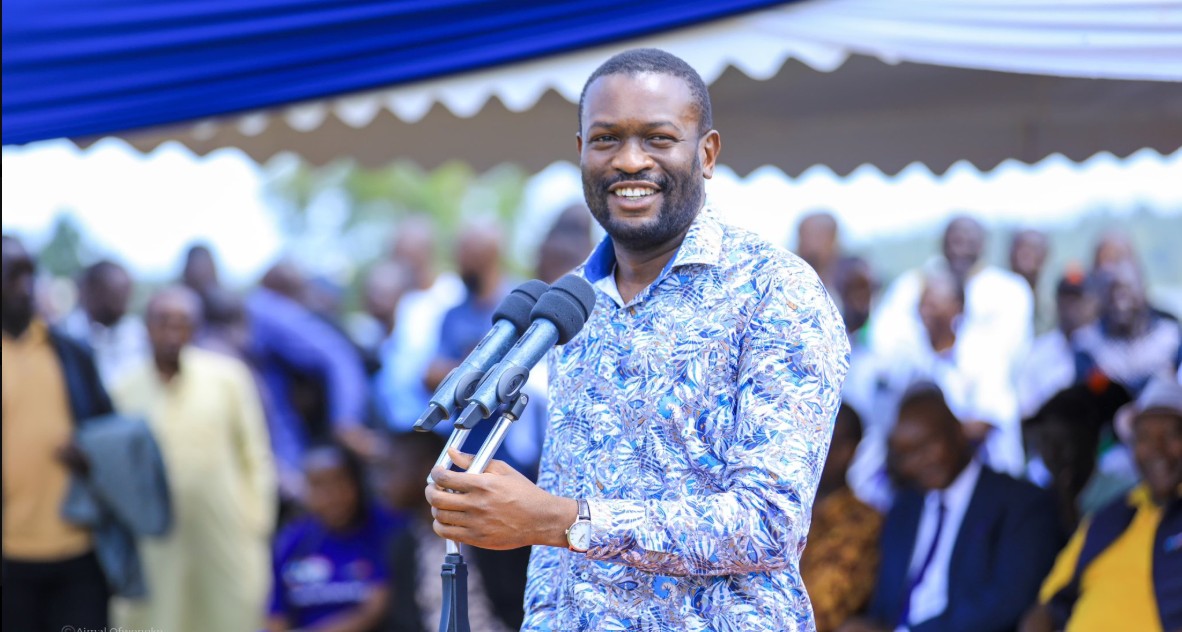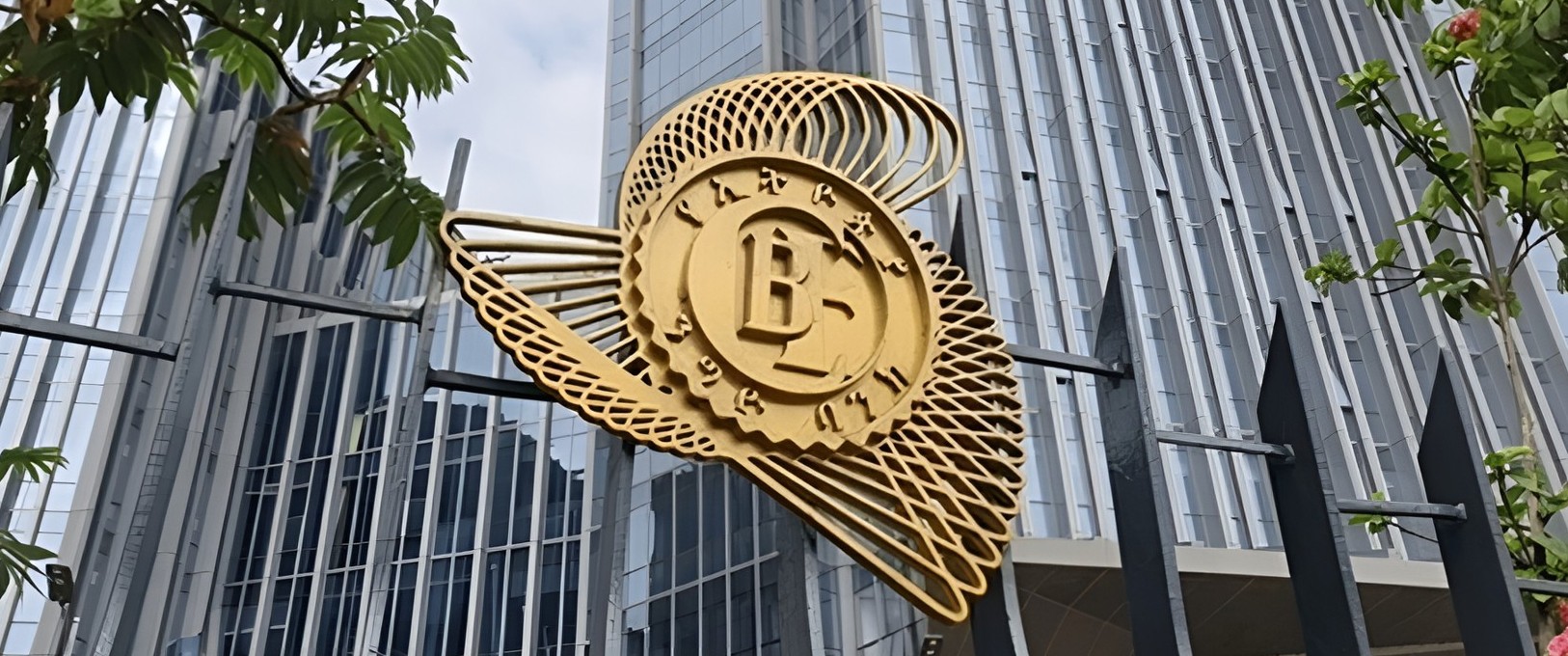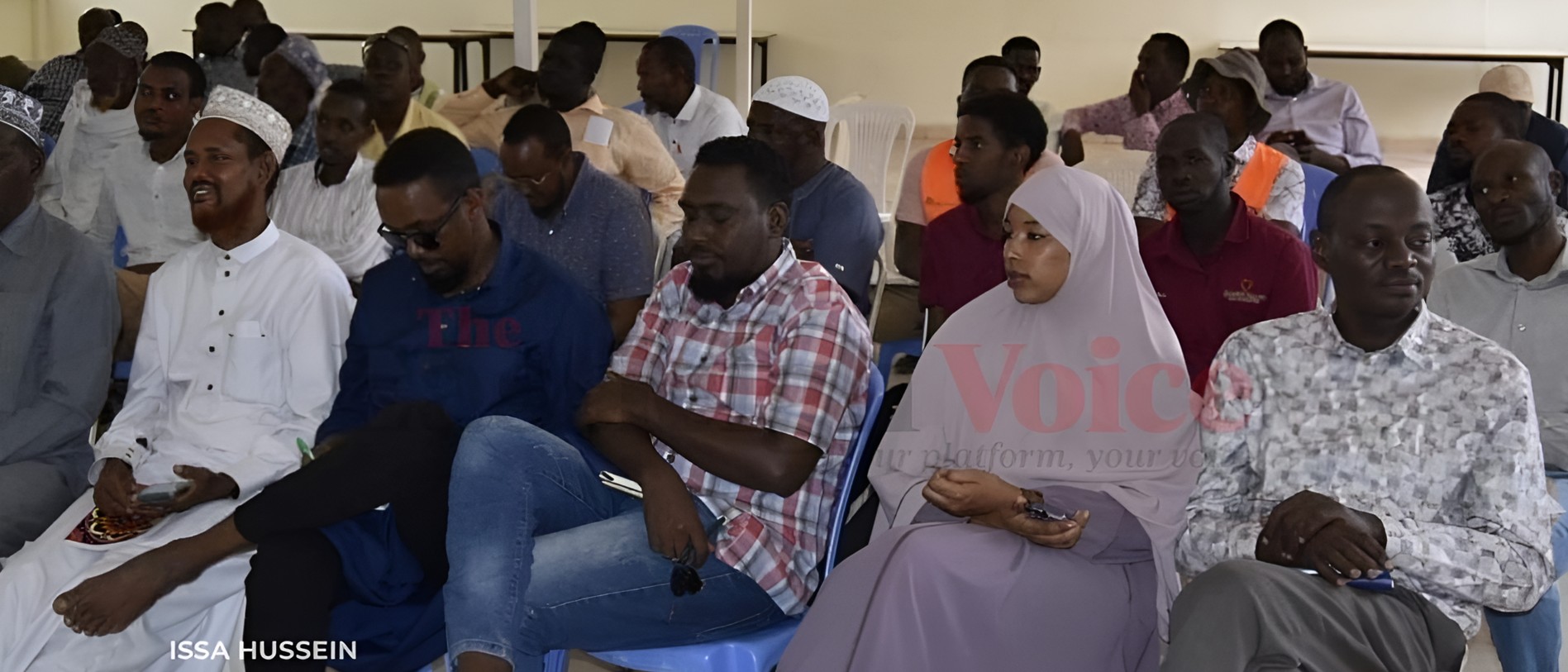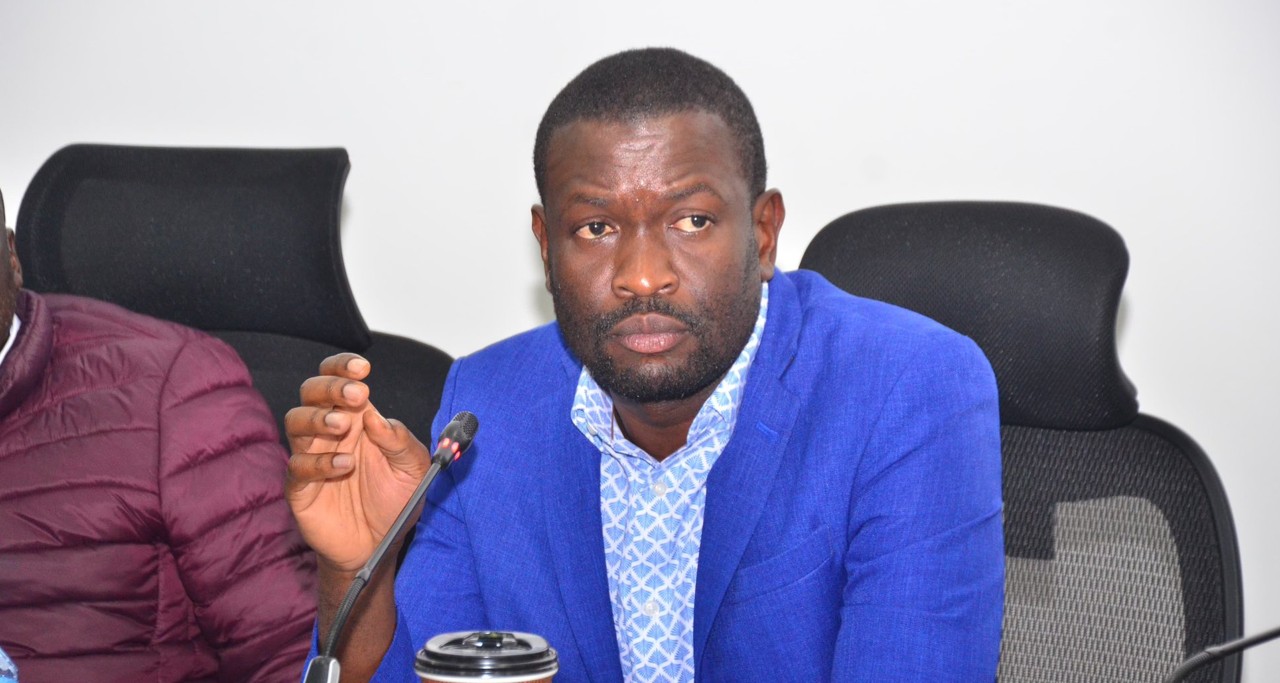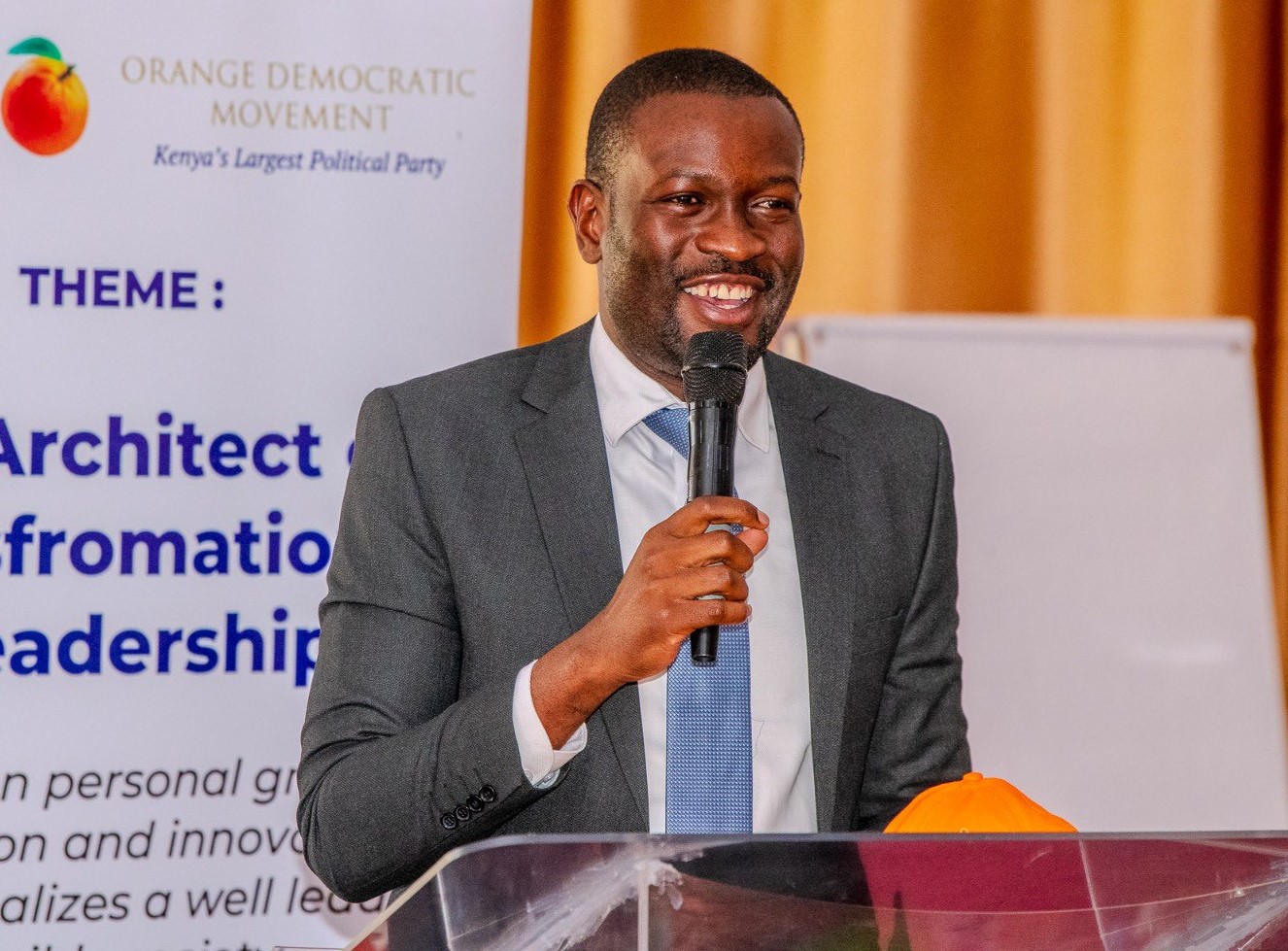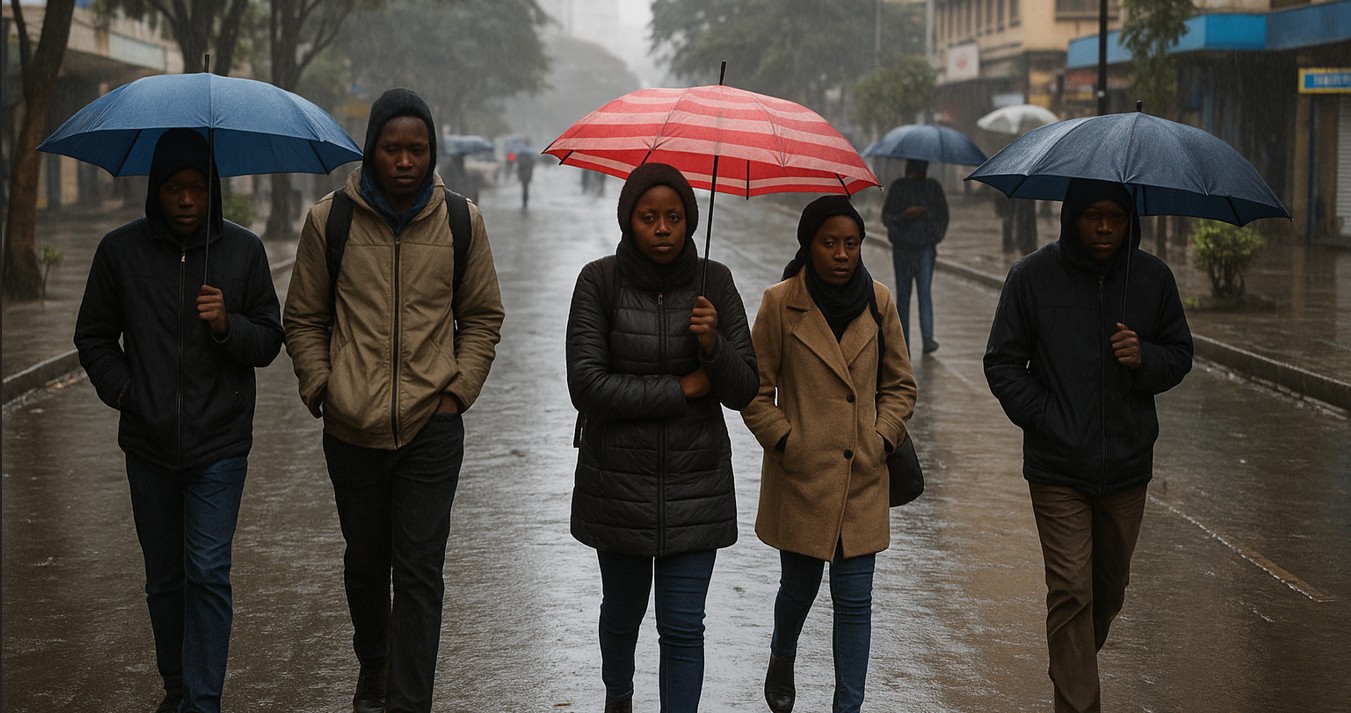Bobby Mkangi: Terrorism charges on protesters show government's weakness, not strength
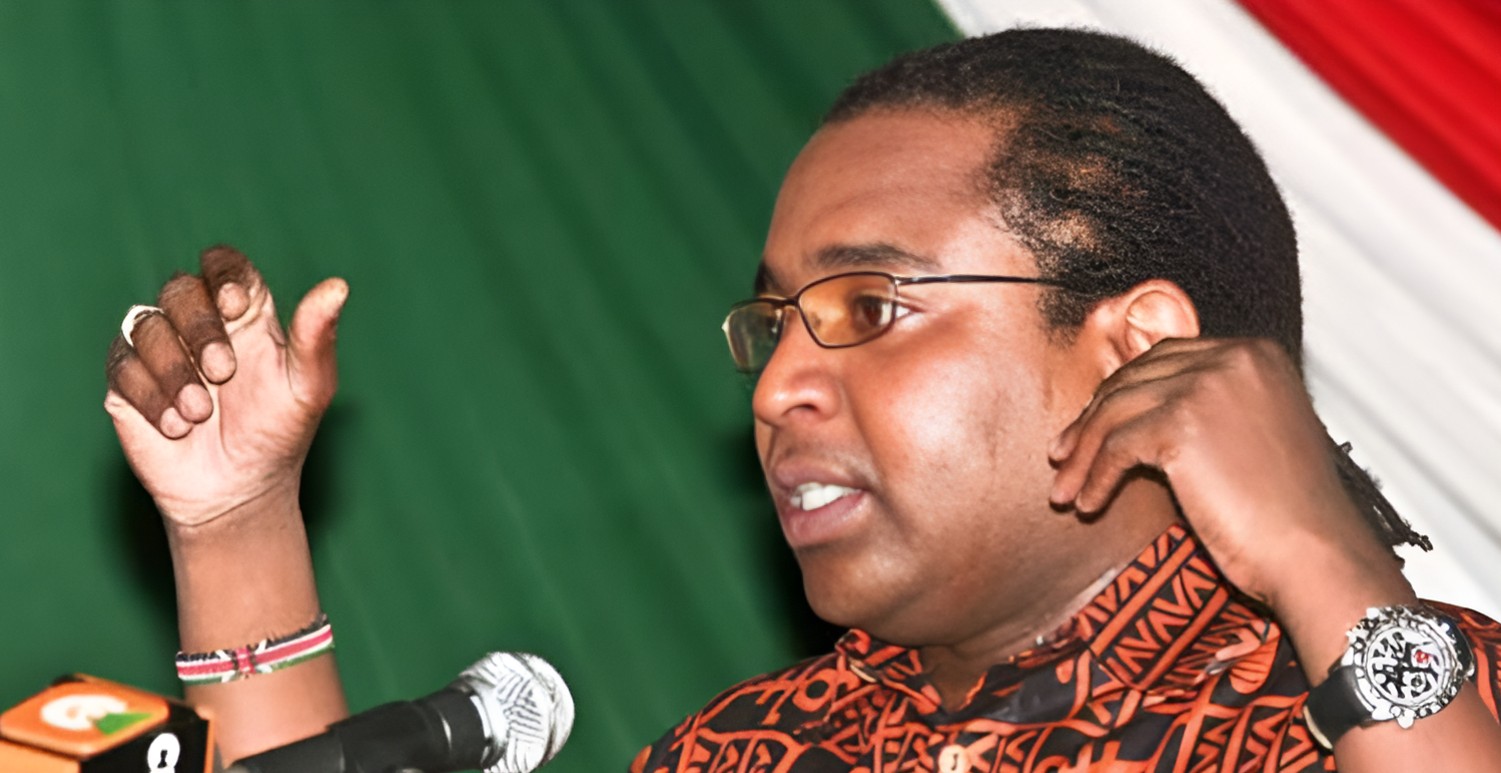
According to Mkangi, this isn’t the first instance of the criminal justice system and its institutions being misused to suppress dissent in Kenya.
The state's decision to charge individuals accused of organising, participating in, or funding anti-government protests with terrorism has sparked widespread uproar and condemnation, drawing mixed reactions from the public and legal experts alike.
Constitutional law scholar Bobby Mkangi, speaking to The Eastleigh Voice on Tuesday, criticised the move as misguided, arguing that using anti-terror laws against citizens exercising their democratic rights is fundamentally wrong.
More To Read
- Terrorism charges spark outcry as State 'clamps down on dissent'
- ODPP defends use of terrorism charges against protesters amid public outcry
- Vocal Africa condemns Ruto’s administration for using terrorism charges to silence Kenyan activists
- Human rights groups decry 'systematic assault' on democracy amid wave of arrests in Kenya
- DPP slammed by legal experts for 'weaponising' terrorism charges against peaceful protesters
- Ex-CJ Maraga accuses Ruto government of weaponising anti-terror laws to silence dissent
Mkangi, who played a key role in drafting the 2010 Constitution, noted that while terrorism is a serious crime—especially in a country like Kenya that has endured terror attacks—invoking such laws to suppress dissent reflects a government's weakness, not its strength.
"When a shield is used as a weapon, it is a sign that the soldier is on the brink of losing. It is a clear sign of desperation and displays an acute failure in the state's capability to deal effectively with and solve problems, a dearth of accountability, and the death of empathy and sympathy," said Mkangi.
He further explained that while Kenya enacted its anti-terror law in 2012—ten years after Uganda and Tanzania did in 2002—the recent decision to apply it to protests for the first time reflects more about timing than novelty.
Suppressing dissent
According to Mkangi, this isn’t the first instance of the criminal justice system and its institutions being misused to suppress dissent in Kenya.
"Previously, especially during Jomo Kenyatta's and Daniel Moi's regimes, there were harsh detention without trial laws and others that were used to punish dissenters. If the anti-terror law existed then, they would not have hesitated to use it," observes Mkangi.
He notes that during Mwai Kibaki's presidency, there were cases of extra-judicial killings and disappearances under the pretext of clamping down on the Mungiki sect, while Uhuru Kenyatta's administration also witnessed similar incidents, including enforced disappearances and extra-judicial executions.
"I think that it was his ability to compromise whenever dissent poured out to the streets, like in 2016 with IEBC commissioners and 2017 with the handshake that brought down temperatures, hence things not getting to the desperate levels of using anti-terror laws."
Mkangi believes that it is more about the users of the law or laws than the laws themselves.
"Nevertheless, there seems to be a 'FOMO effect' playing out amongst Jumuiya members considering the cases of abductions, torture, extra-judicial killings, and enforced disappearances in the region," said Mkangi.
Murkomen's defence
His remarks came just a day after Interior Cabinet Secretary Kipchumba Murkomen dismissed critics of the Office of the Director of Public Prosecutions (ODPP) over its decision to charge protesters with terrorism-related offences.
Murkomen challenged those opposing the actions of the DPP, the Directorate of Criminal Investigations (DCI), and the broader justice system to clearly define what such destructive acts constitute if not terrorism.
Speaking on Monday, the CS cited incidents such as the invasion and torching of police stations, theft of firearms, destruction of police housing, assault of officers, and the burning of courts, government offices, vehicles, and private businesses as examples of criminal conduct that, in his view, fit the definition of terrorism.
"I want everybody who is challenging us and challenging the DCI and DPP and the criminal justice system to explain to me, if you invade a police station and burn it, steal guns and burn police lines and their houses, and you beat police officer, you burn courts, you ban administration units, you burn vehicles, you burn people's businesses, what is the crime?" he questioned.
Murkomen defined terrorism as the formation of criminal gangs to attack businesses or the funding of individuals armed with crude weapons and petrol bombs to destroy both private and public property.
He argued that actions such as burning installations and businesses clearly fall within this definition and should be treated as acts of terrorism.
Terrorists
Challenging conventional stereotypes, he stated that terrorists are not limited to those living in remote border regions or fitting a specific profile—they can also be well-dressed individuals operating within cities.
According to the CS, anyone who organises or finances violent acts under the guise of protests—causing destruction, chaos, and attacks on government institutions—should be considered a terrorist, not merely a demonstrator.
Meanwhile, the ODPP defended its decision to charge certain protesters under the Prevention of Terrorism Act. In a statement issued Monday, the ODPP acknowledged the national debate the move has sparked, particularly following the events of June 25 and July 7, 2025.
The office emphasised its respect for a free press and vibrant civil society, calling them essential to accountability and the health of Kenya’s democracy.
"However, the charges under the Prevention of Terrorism Act should be understood within the framework of established legal thresholds and national security imperatives rather than interpreted as efforts to suppress legitimate political expression," ODPP said in a statement.
Top Stories Today
Reader Comments
Trending
